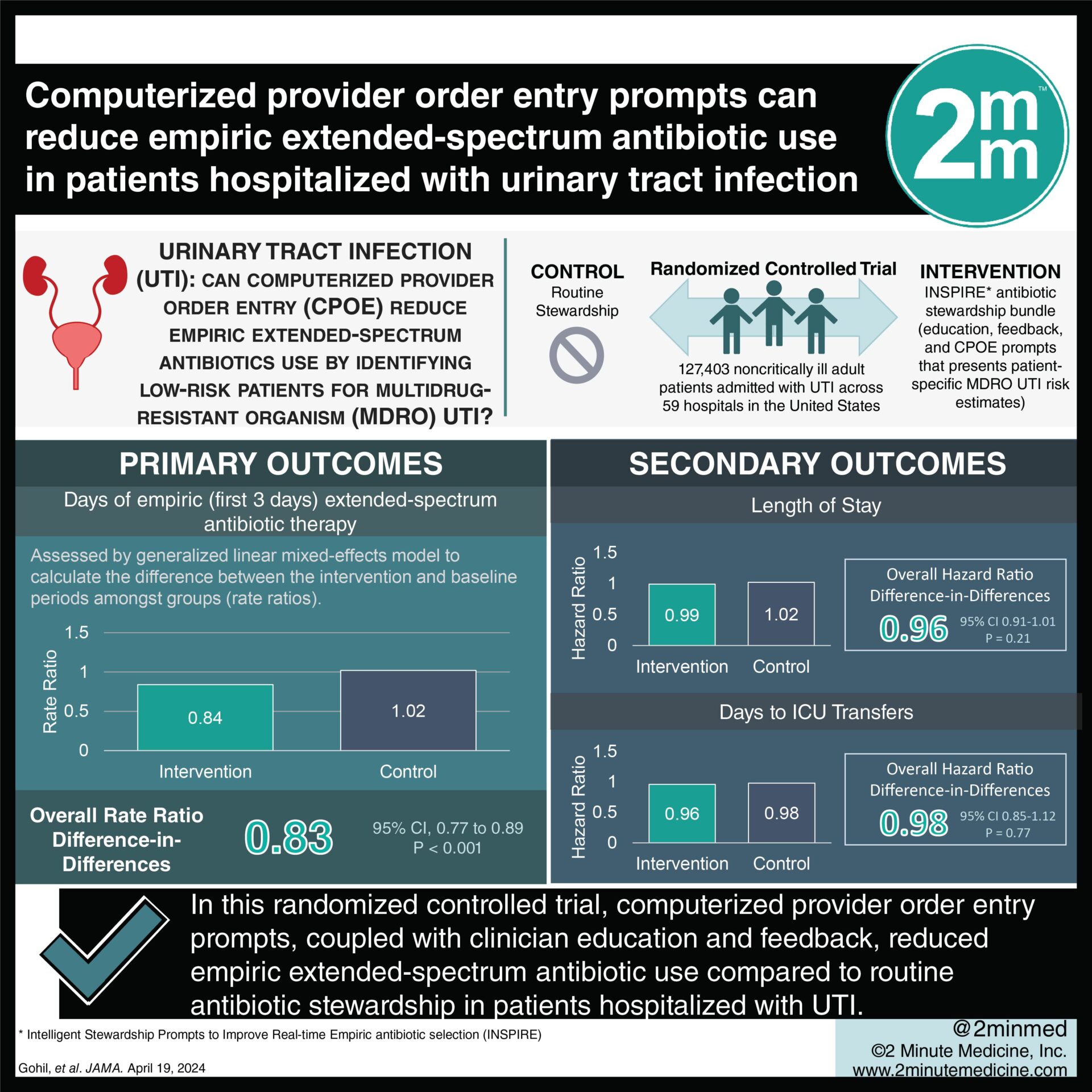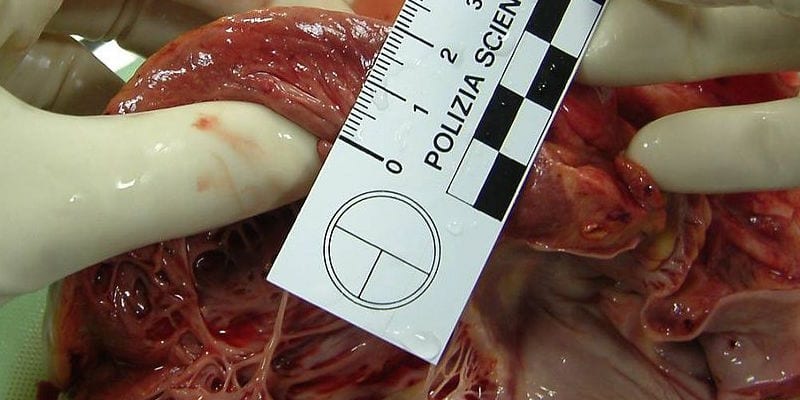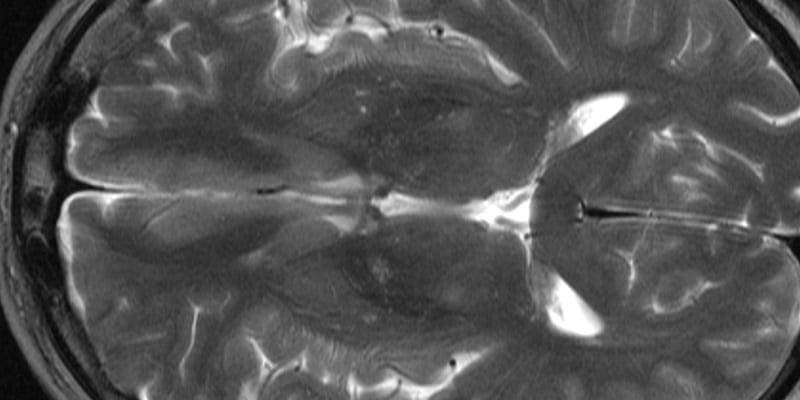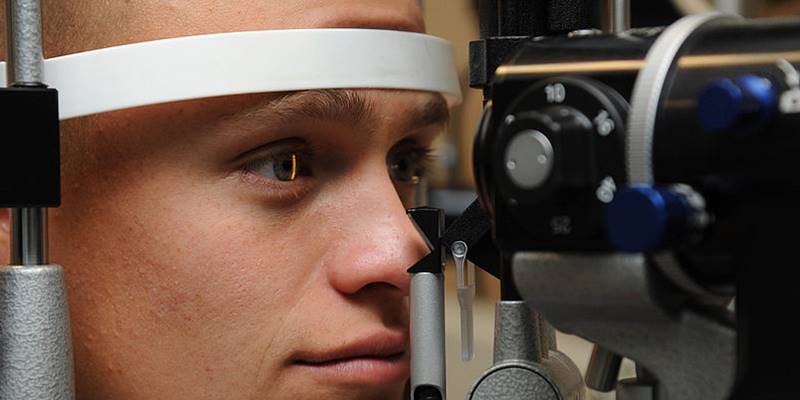The following is a summary of “REGN1908/1909 prevented cat allergen–induced early asthmatic responses in an environmental exposure unit,” published in the DECEMBER, 2022 issue of Allergy and Clinical Immunology by de Blay, et al.
Felis domesticus allergen 1 (Fel d 1), the main allergen in cat dander, frequently brings on symptoms of allergic rhinitis and asthma. In mildly asthmatic cat-allergic individuals, researchers assessed the effectiveness of Fel d 1 monoclonal antibodies (REGN1908/1909) in preventing cat allergen–induced early asthmatic responses (EARs).
One-dose REGN1908/1909 600 mg (n = 29) or placebo (n = 27) was given to patients randomly. Up to 85 days following the dose, the FEV1 was monitored for up to 4 hours in a cat allergen environmental exposure unit. Assessments covered the incidence of EAR (FEV1 drop ≥20%) and between-group differences in change from baseline in FEV1 area under the curve (AUC; 0-2 hours).
On days 8, 29, 57, and 85, a single dosage of REGN1908/1909 effectively averted decreases in FEV1. By 4 hours, the majority of REGN1908/1909 patients lacked an EAR (the last time point tested). In contrast, patients receiving a placebo saw a ≥20% mean drop in FEV1 on days 8, 29, 57, and 85 following dosage, with the majority of patients developing an EAR within an hour. Patients receiving REGN1908/1909 therapy tolerated 3-fold more allergen doses than placebo (P< .05 at all time points). At all time points evaluated, REGN1908/1909 markedly decreased skin test sensitivity to cat allergen compared to placebo (nominal P< .001). In general, REGN1908/1909 was well tolerated; no fatalities or major adverse effects were observed.
At 8 days and up to 85 days following the treatment, single-dose REGN1908/1909 effectively reduced decreases in FEV1 in cat-allergic individuals with moderate asthma when exposed to cat allergen environmental exposure units.
Reference: jacionline.org/article/S0091-6749(22)00984-8/fulltext
















